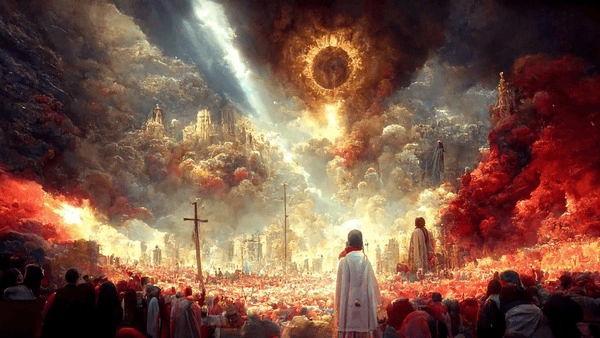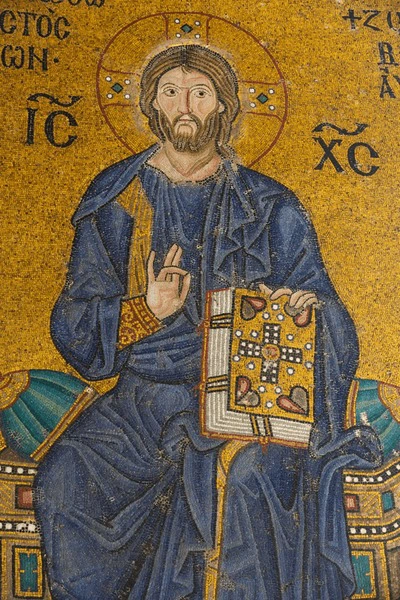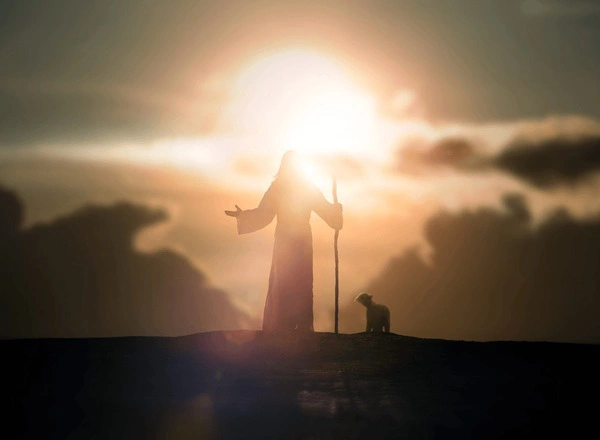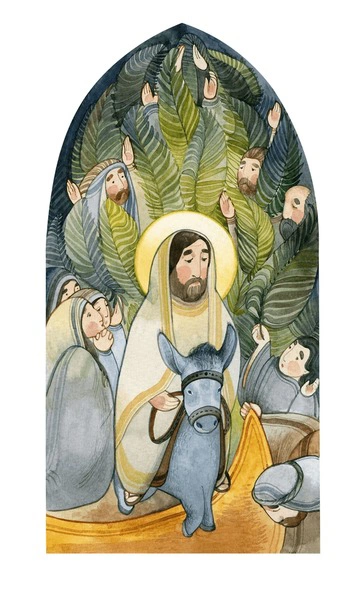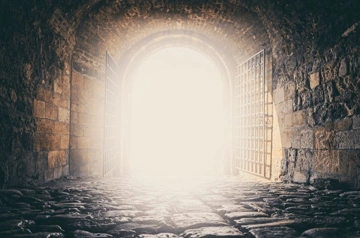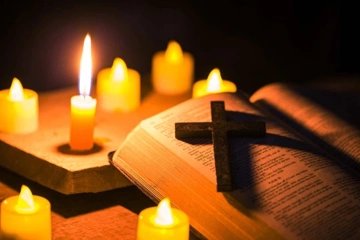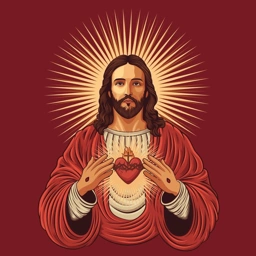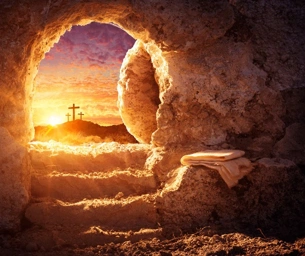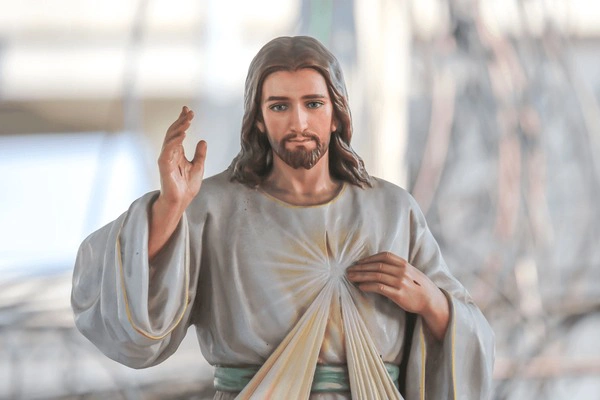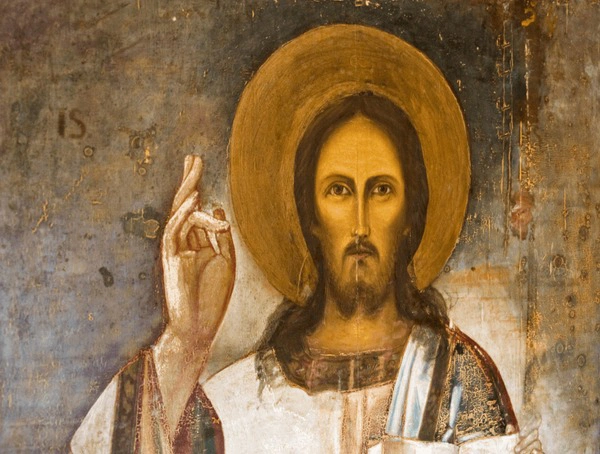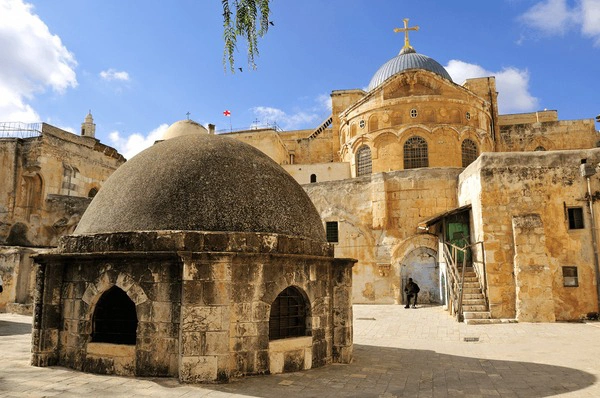
Understanding the Prophecy: Bethlehem as the Birthplace of the Messiah
In Matthew 2:5, religious leaders inform King Herod about the prophecy that the Messiah would be born in Bethlehem. This revelation is rooted in Jewish scriptures, particularly the book of Micah, and highlights the significance of Bethlehem in biblical history. The prophecy's fulfillment through Jesus' birth in Bethlehem serves as a testament to God's divine plan and the authenticity of biblical prophecies.
Sarah Mitchell
26/11/2024 - 7 months ago

The Biblical Context of Matthew 2:5
In the biblical narrative, Matthew 2:5 highlights a significant moment when religious leaders inform King Herod that the Messiah was prophesied to be born in Bethlehem. This event occurs when the Magi, or wise men, visit Herod in search of the newborn king. Herod, troubled by their inquiry, seeks the counsel of the chief priests and teachers of the law to determine the exact location of the Messiah's birth.
The religious leaders reference the prophecy from Micah 5:2, which foretells Bethlehem as the birthplace of the Messiah. This small town, known for its humble beginnings and pastoral charm, plays a pivotal role in the unfolding of God's divine plan. The prophecy emphasizes that from Bethlehem, a ruler would emerge to shepherd the people of Israel.
Understanding Matthew 2:5 requires acknowledging the Jewish anticipation of a Messiah—a savior who would bring hope and restoration. The prophecy's mention in this verse underscores the importance of Bethlehem in Jewish history and the fulfillment of God's promises. For those exploring the foundations of Christianity, this connection between the Old and New Testaments is essential in grasping the continuity of biblical prophecies.
Significance of Bethlehem in Jewish Prophecies
Bethlehem holds a special place in Jewish prophecies due to its historical and spiritual significance. Known as the City of David, it is the birthplace of King David, one of Israel's most revered leaders. This association adds a layer of depth to the prophecy, as the Messiah is expected to descend from the line of David, reinforcing the town's prophetic relevance.
The prophecy from Micah 5:2 is not just a geographical marker but a profound message of hope. It signifies the coming of a ruler who will bring peace and justice. For the Jewish people of that era, living under Roman occupation, the promise of a deliverer was a source of encouragement and strength. Bethlehem, a seemingly modest town, becomes the stage for the fulfillment of God's grand narrative.
The reference to Bethlehem in Jewish scriptures serves as a testament to the accuracy and reliability of biblical prophecies. It reflects God's meticulous planning and His faithfulness to His word. For believers today, the prophecy is a reminder of God's sovereignty and His ability to bring His promises to fruition, no matter how unlikely the circumstances may seem.
Herod's Response to the Prophecy
King Herod's reaction to the prophecy about Bethlehem is one of fear and insecurity. As a ruler known for his paranoia and ruthless tactics, the news of a potential rival king born in Bethlehem threatens his reign. Herod's subsequent actions, including his infamous decree to kill all male infants in Bethlehem, illustrate his desperation to eliminate any threat to his power.
Herod's fear is a stark contrast to the hope and joy that the prophecy brings to those who await the Messiah. While Herod views the prophecy as a political threat, the Magi and the Jewish people see it as a divine promise of salvation. This dichotomy highlights the different responses to God's plan—one of resistance and another of acceptance.
The story of Herod and the prophecy serves as a reflection on how individuals respond to God's revelations. It challenges readers to consider their own reactions to God's promises. Are they met with resistance, like Herod, or embraced with faith and hope? The tale encourages believers to trust in God's plan, even when faced with challenges or fears.
The Fulfillment of the Prophecy in Jesus' Birth
The fulfillment of the prophecy that the Messiah would be born in Bethlehem is realized in the birth of Jesus Christ. According to the Gospel of Matthew, Jesus' birth in Bethlehem is not a mere coincidence but a divine orchestration of events. This fulfillment affirms Jesus as the long-awaited Messiah, fulfilling the scriptures and solidifying His role in God's redemption plan.
For early Christians, the birth of Jesus in Bethlehem was a powerful testament to the truth of their faith. It confirmed the reliability of the prophecies and strengthened their belief in Jesus as the Savior. The alignment of Jesus' birthplace with the prophecy provided a compelling narrative that connected the Old Testament promises with the New Testament reality.
Today, the story of Jesus' birth in Bethlehem continues to inspire faith and hope among believers. It serves as a reminder of God's unwavering faithfulness and His ability to fulfill His promises. For those on their spiritual journey, the prophecy and its fulfillment offer assurance that God's plans are perfect and His timing impeccable, encouraging them to trust in His divine guidance.

